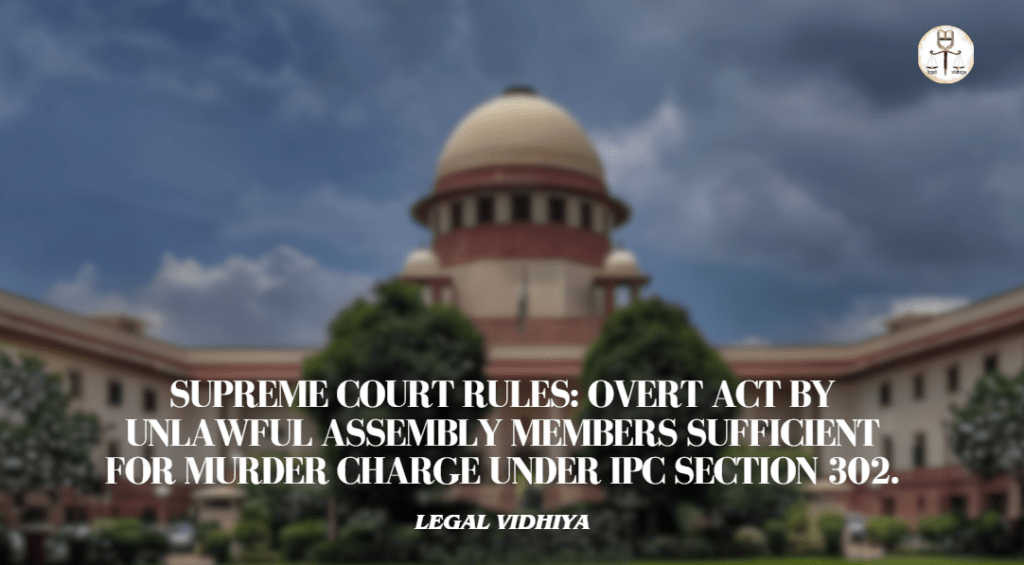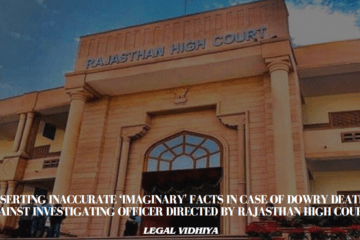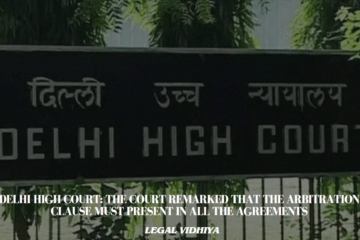
In a significant legal development, the Supreme Court of India has rendered its judgment in Criminal Appeal of 2012, along with related appeals, affirming the convictions of individuals involved in a heinous crime resulting in the death of a person named Shivanna.
Bench comprising of Justice Abhay S and Pankaj Mithal up-held the conviction in a murder case while observing that when an ocular piece of evidence is available to sufficiently prove the guilt of the accused then conviction cannot be set aside merely on the ground that the expert evidence of the professional doctor suggests otherwise.
In the present case the court had convicted three accused for offense of murder on the allegation that they along with other persons gathered outside the house of the deceased and assaulted him and his family members, namely his wife and his daughter, with a chopper.
The convicts in the case also gathered unlawfully in front of deceased person’s house giving rise to Sec 149 IPC, Court in the case held that an overt act of some of the accused persons of an unlawful assembly with the common object to kill the deceased Shivanna and to cause grievous hurt to the other family members is enough to rope in all of them for an offense under Section 302 IPC in aid with Section 149 IPC.
Besides this the apex court also did not entertain the second contention advanced on behalf of appellants was which was that the medical evidence or the medical report on record does not substantiate the stand taken by the prosecution. They testified about the use of a chopper whereas the medical expert held otherwise but without discarding the probability of the use of a chopper. The court here observed that the ocular evidence of family members is sufficient enough to prove that only chopper was used as a weapon of crime. The eyewitness testimony of family members was considered of prime importance as they were the only possible witnesses to the incident inside the deceased’s house. Therefore, this contention in the eyes of the bench lacked merit.
The High Court had upheld the convictions of these appellants, leading to their appeals being dismissed. In the case at hand, the Court found no perversity in the findings of the lower courts and concluded that there was no error or illegality in their judgments. Therefore, all three appeals were dismissed as without substance.
CASE NAME; HAALESH @ HALESHI @ KURUBARA HALESHI VERSUS STATE OF KARNATAKA
WRITER NAME: GANEESHA KHURANA, VIVEKANANDA INSTITUTE OF PROFESSIONAL STUDIES, New Delhi.
Disclaimer: The materials provided herein are intended solely for informational purposes. Accessing or using the site or the materials does not establish an attorney-client relationship. The information presented on this site is not to be construed as legal or professional advice, and it should not be relied upon for such purposes or used as a substitute for advice from a licensed attorney in your state. Additionally, the viewpoint presented by the author is of a personal nature.




0 Comments